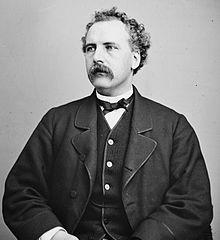Alexander Pope Quotes - Page 29

The hog that ploughs not, not obeys thy call, Lives on the labours of this lord of all.
Know then, unnumber'd Spirits round thee fly, The light Militia of the lower sky.
Tis use alone that sanctifies expense And splendor borrow all her rays from sense.
Fly, dotard, fly! With thy wise dreams and fables of the sky.
Nay, fly to altars; there they'll talk you dead; For fools rush in where angels fear to tread.
Calm, thinking villains, whom no faith could fix, Of crooked counsels and dark politics.
Worth makes the man, and want of it the fellow; The rest is all but leather and prunello.
To happy convents, bosomed deep in vines, Where slumber abbots, purple as their wines.
Soft o'er the shrouds aerial whispers breathe, That seemed but zephyrs to the train beneath.
Did some more sober critics come abroad? If wrong, I smil'd; if right, I kiss'd the rod.
And soften'd sounds along the waters die: Smooth flow the waves, the zephyrs gently play.
Offend her, and she knows not to forgive; Oblige her, and she'll hate you while you live.
Let such teach others who themselves excel, And censure freely who have written well.
Pride, where wit fails, steps in to our defence, and fills up all the mighty void of sense.
Party-spirit at best is but the madness of many for the gain of a few.






